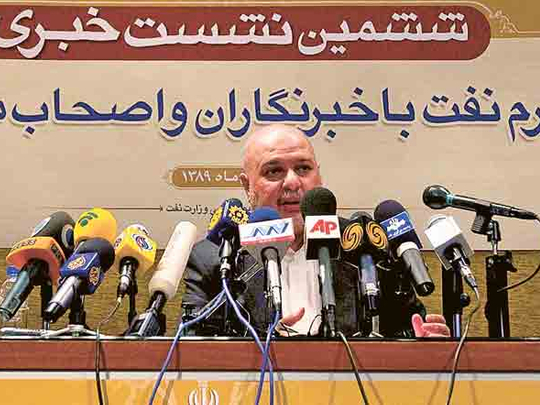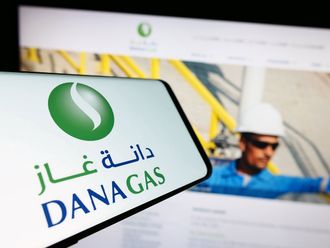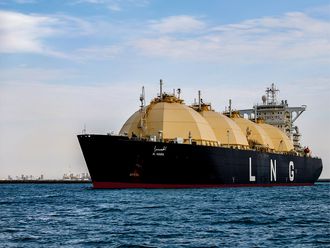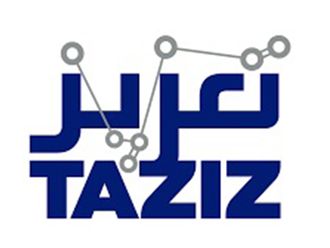
Tehran: Opec's leading oil price hawk Iran joined Venezuela and Libya yesterday to say it saw no need for the group to consider raising crude supplies to rein in crude prices now near $100 (Dh367) a barrel.
Iranian Oil Minister Massoud Mirkazemi said some members of the Organisation of Petroleum Exporting Countries saw no need for producers to act even if prices went to $120 a barrel. The comments will be of concern for consumer countries worried that rising commodity costs are igniting inflation and jeopardising economic recovery.
Fair value
"None of the Opec members find $100 concerning or irrational. Some of the Opec members see no need for an emergency meeting even with prices at $110 or $120," Mirkazemi, Opec president for 2011, told a news conference.
"None of the members have asked for an emergency meeting and I think for a long time there would be no such request," Mirkazemi said.
As holder of the rotating Opec presidency, Iran has responsibility for coordinating any emergency meeting with Opec's Vienna based secretariat. The next scheduled meeting is not until June 2.
Venezuelan Oil Minister Rafael Ramirez said yesterday that $100 was "fair value" for crude, a position that Libya also backs.
Benchmark Brent crude broke $99 a barrel on Friday, a 27-month high, while US oil futures rose to $91.54, well above the $70-$80 range that Opec's most influential member Saudi Arabia says is comfortable for both producers and consumers.
The comments from Iran, Venezuela and Libya will leave consumer countries wondering whether more moderate producer Saudi Arabia and its Gulf allies Kuwait and the UAE are prepared to take action to prevent prices escalating further.
One delegate from a Gulf Opec member state told Reuters on Thursday Opec could hold an emergency meeting if oil prices "exceed $100 and stay there".
Influential Saudi Oil Minister Ali Al Naimi said in December that Riyadh was still committed to $70-$80, a price high enough for producers to invest in new capacity but low enough to encourage economic recovery.
"The market is bullish because there is increasing demand in emerging markets," Christophe De Margerie, the chief executive of French oil major Total said at an industry event in Abu Dhabi yesterday.
Mirkazemi also said yesterday that Iran's recently discovered Khayam gas field contains an estimated 260 billion cubic meters in reserves at an estimated value of $50 billion.












